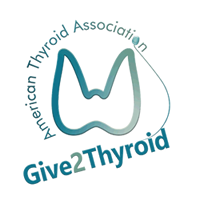SUMMARY OF THE STUDY
This was a study of 1,426 adults living in Brazil who had no risk factors for having hypothyroidism or hyperthyroidism. All adults had a blood TSH level measured at baseline and again five years later. At the first sampling, over 96% had a normal TSH level. Of these, over 99% remained in the normal range five years later. All of the results were unchanged regardless of the individuals’ gender or age.
WHAT ARE THE IMPLICATIONS OF THIS STUDY?
In adults with no significant risk factors for developing hypothyroidism or hyperthyroidism and an initial TSH blood test in the normal range, it is unlikely to be abnormal if checked again five years later. The researchers suggest that in these individuals, repeating TSH screening within this time interval may not be necessary.
— Angela M. Leung, MD, MSc




